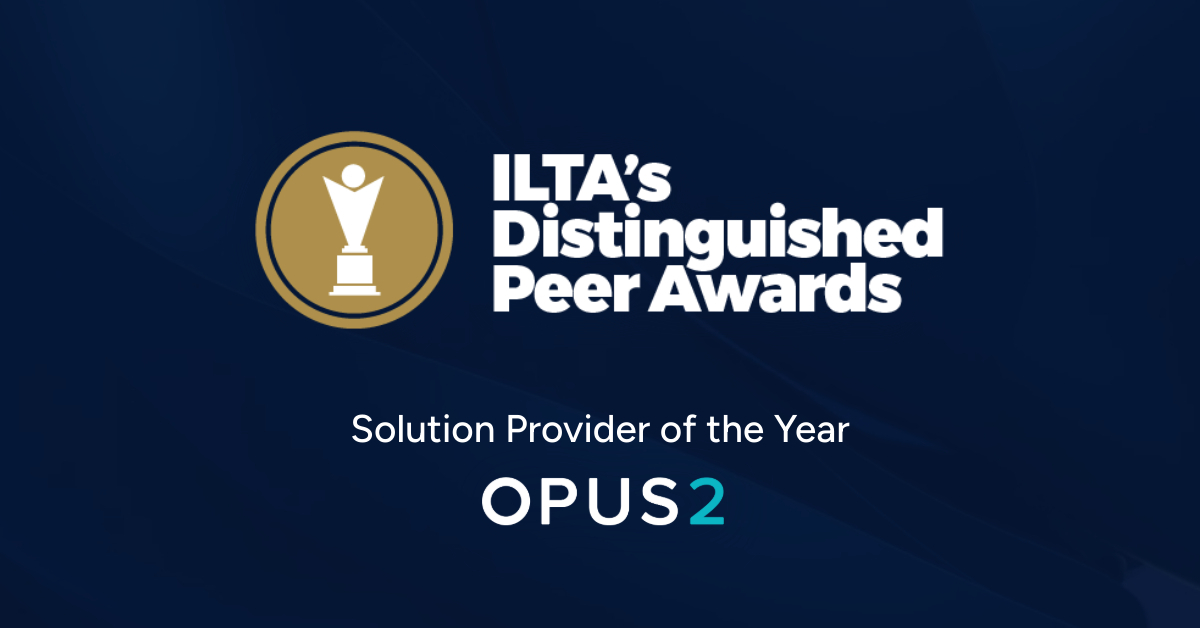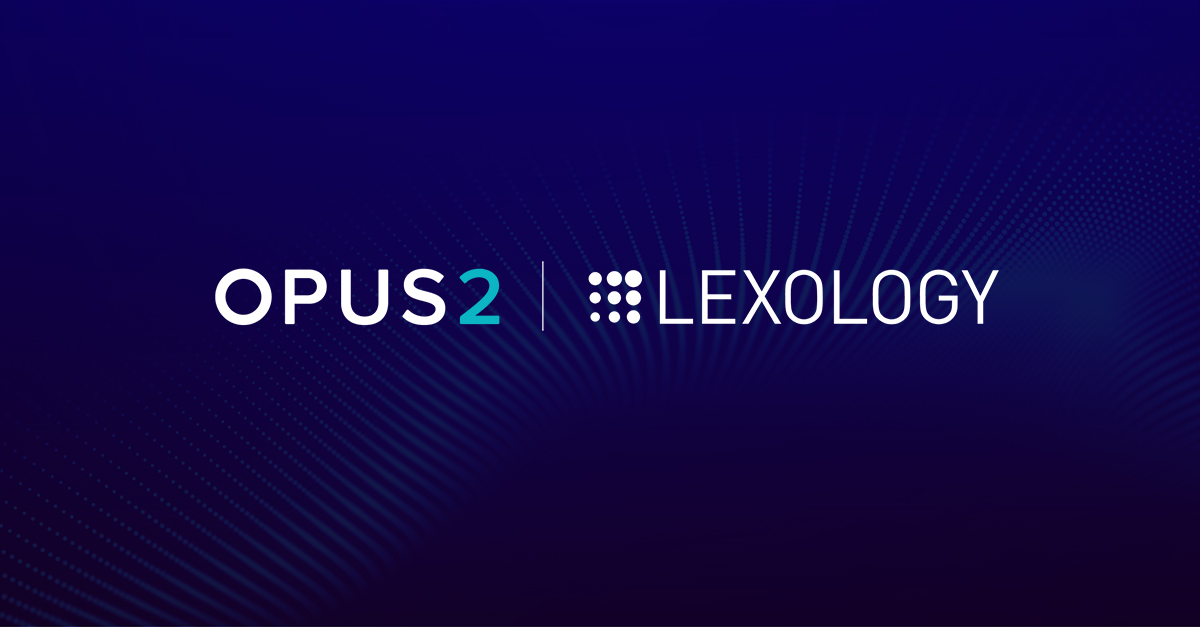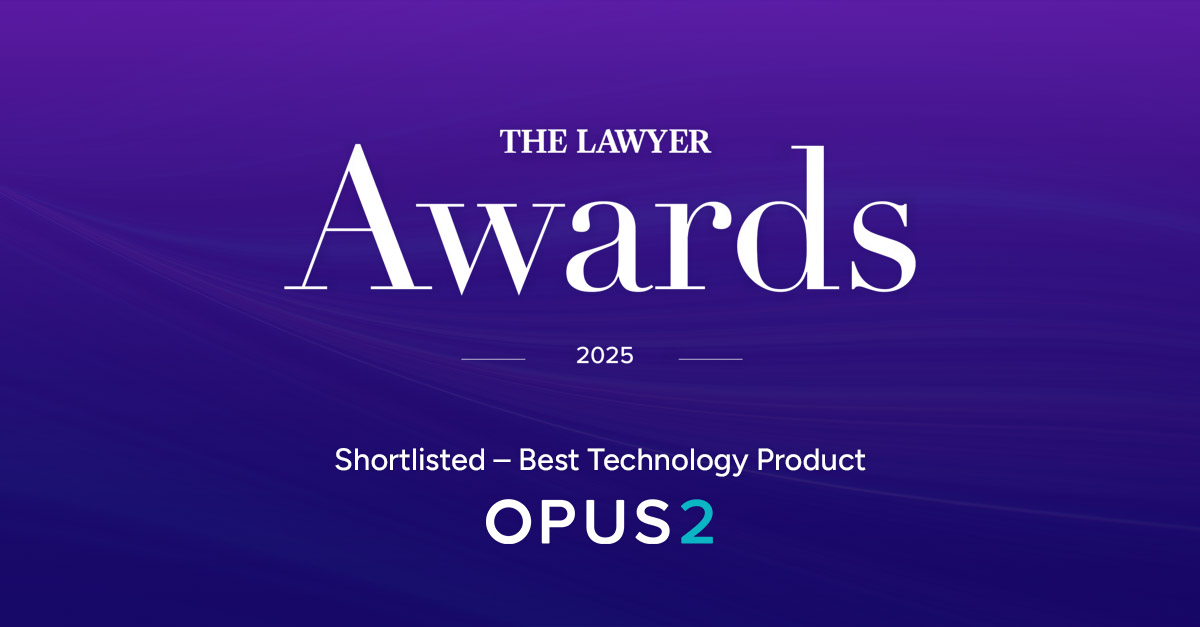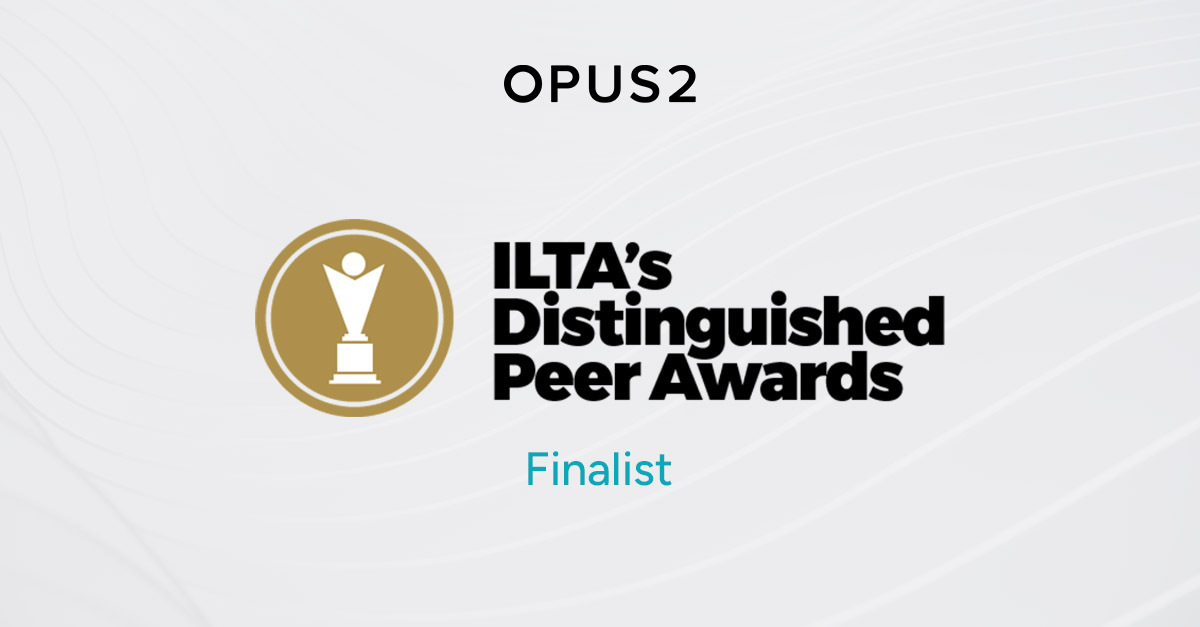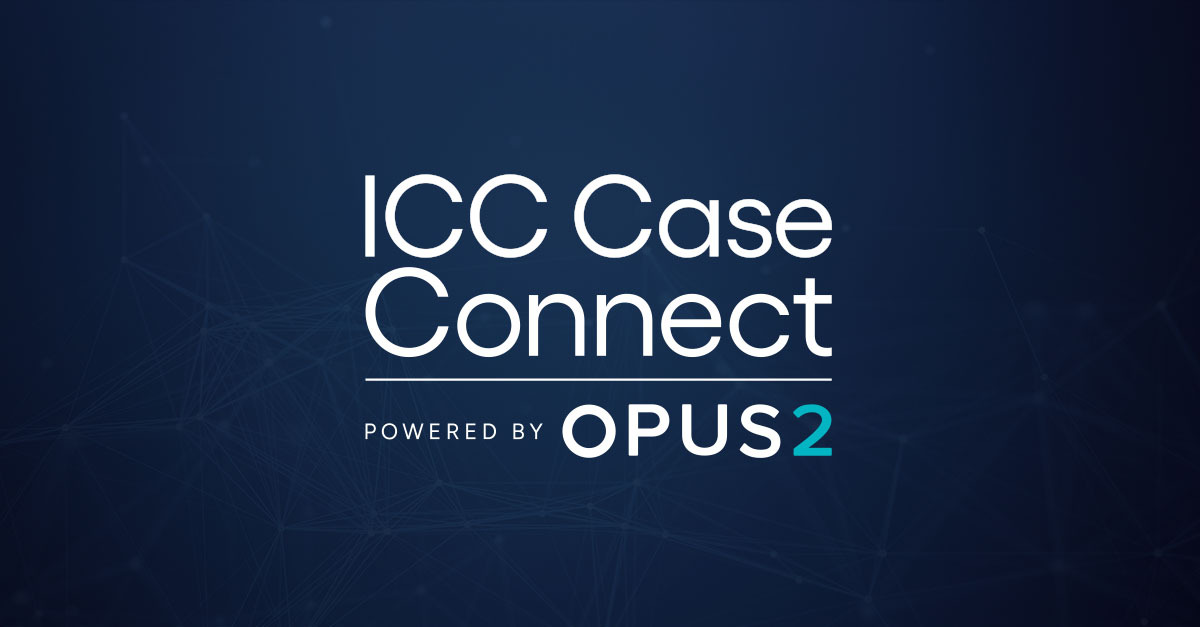Artificial intelligence (AI) is already changing the practice of law. By their nature, litigation processes are complex, document-heavy, and deadline-driven, making them a perfect match for AI. As AI technologies evolve, law firms can integrate AI into their litigation workflows to increase efficiency, reduce costs, and achieve better client outcomes.
If your firm is ready to invest in AI for litigation support, this article will guide you through the most promising use cases, address some common concerns about AI, and help you choose the best AI solutions for your practice.
For a more in-depth look at using AI for litigation processes, download this guide: Harnessing AI for case management.
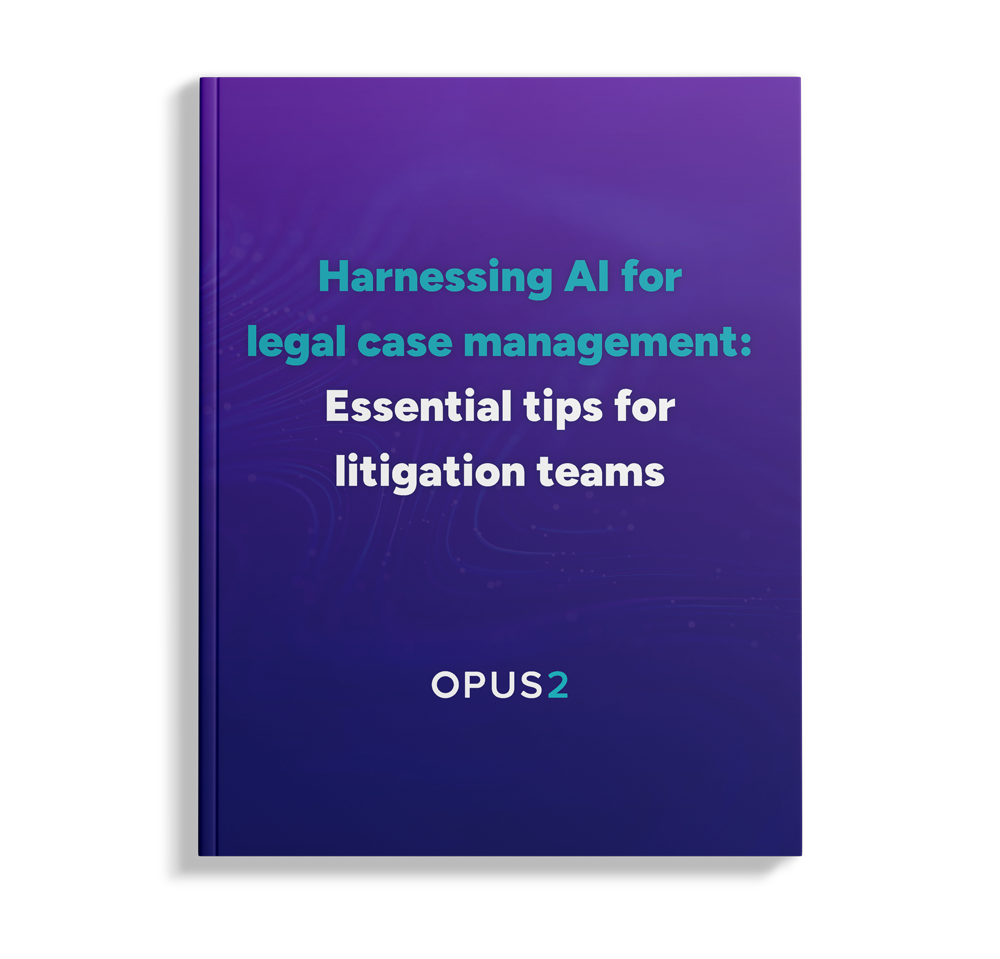
Which litigation processes are primed for AI?
AI can streamline litigation support processes, yielding gains in efficiency, accuracy, and cost savings. Here is a list of key areas where AI can have the greatest impact on litigation workflows.
1. Expediting case intake
Litigation often begins with mountains of documents that need to be reviewed and organized for early case assessment and eDiscovery. AI litigation support tools can search sets of documents for key concepts, automatically prioritize relevant information, summarize content, and identify inconsistencies that might otherwise be missed.
2. Analyzing documents
AI’s ability to analyze documents goes beyond simple keyword searches. It can identify patterns, extract relevant information, and even flag potential issues based on past cases. Attorneys can use AI to focus on the most important documents and allow AI to handle more basic, less relevant data.
3. Devising case strategy
Developing a winning case strategy requires a deep understanding of the evidence and identifying a case’s strengths and weaknesses. AI can help lawyers gather critical insights faster by analyzing themes, connections between evidence, and overall patterns. By doing so, attorneys can build stronger cases in less time, making AI indispensable for case analysis.
4. Creating a case chronology
AI can scan contracts, correspondence, and other documents to extract key events and build an interactive case chronology or timeline. This timeline can link directly to underlying evidence, helping attorneys to track important case details and see the bigger picture without manually sifting through hundreds of documents.
5. Preparing for depositions
Rather than manually tracking witness and entity information in spreadsheets or creating deposition outlines from scratch, AI can generate interactive witness profiles linked to case evidence. AI can also help draft relevant questions based on past depositions, accelerating the creation of deposition outlines.
6. Summarizing transcripts
AI can analyze transcripts in minutes, making it easier for legal teams to review deposition designations, track counter designations, and draft deposition summaries. These tools help lawyers focus on substance quickly without spending hours manually reviewing transcripts.
7. Predicting case outcomes
With access to enough historical case data, AI models can predict likely case outcomes. Predictive analytics empower lawyers and clients to make more informed decisions regarding settlement, trial strategies, and resource allocation. These benefits can only be fully realized with a thoughtfully designed AI solution that your team will actually use and trust.
Overcoming concerns about AI in litigation
As promising as AI is, many lawyers remain hesitant to adopt it. According to the American Bar Association’s 2023 Artificial Intelligence (AI) TechReport, major concerns about using AI for litigation include the accuracy of the technology (57.7%), the reliability of AI technology (48.1%), and data privacy and security (46.5%).
Concerns about AI’s accuracy, especially after AI produced fictitious legal citations in high-profile cases, are valid. Law firms must select AI solutions that provide transparency regarding how the technology operates and where its answers come from. This ensures the legal team can trust the results AI produces.
Furthermore, AI is only as unbiased as the data it’s trained on, which means it can inadvertently reflect or even amplify biases present in its training sets. To improve reliability, law firms should seek out AI solutions that actively mitigate bias and ensure that their AI tools are evaluated for fairness and equity in decision-making.
Lawyers are bound by ethical standards such as client confidentiality and competence. AI solutions must be vetted to ensure they comply with these standards. A senior lawyer should supervise all uses of AI to confirm they align with lawyers’ professional obligations.
Additionally, AI tools must adhere to data privacy and other regulatory requirements of the jurisdictions where the firm operates. Law firms must ensure their AI solution complies with legal standards to avoid potential regulatory risks.
Finally, while AI can streamline certain tasks, it’s important not to overly rely on it to the point where it diminishes critical legal skills, such as judgment and advocacy. AI should be seen as a supplement to, not a replacement for, human expertise. Law firms should continue regular training and skills development while using AI in litigation.
Evaluating AI for litigation
Before adopting AI, law firms should carefully assess their specific needs and the capabilities of potential AI solutions. Here are some key factors to evaluate.
- Purpose and scope: Determine where AI can bring the most value to your practice, whether it’s document review, legal research, case strategy, or another task. Having a clear purpose in mind ensures you invest in the right solution for your firm.
- Integration: The optimal AI solution will integrate seamlessly with your existing systems and workflows. Look for solutions that are compatible with your current software and that allow for seamless transitions between manual and automated tasks.
- User-friendliness: The AI tool should be intuitive and require minimal training for all users, from paralegals to senior attorneys. A complicated solution will discourage use and negate any efficiency gains.
- Training and support: Ongoing support is essential to ensure you get the most out of your investment. Proper education on how to use AI effectively can make the difference between successful adoption and waste.
Discover how AI can give your law firm an edge in litigation
AI for lawyers is here to stay, and law firms that embrace it thoughtfully will be better positioned for success in the future. Investing in AI can enhance the efficiency and effectiveness of your firm’s litigation processes. You can unlock AI’s full potential by carefully evaluating your firm’s needs and selecting the right AI tools. Contact us today to learn how AI can optimize your law firm’s litigation workflows.

